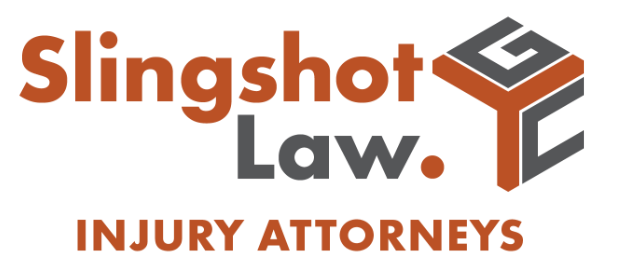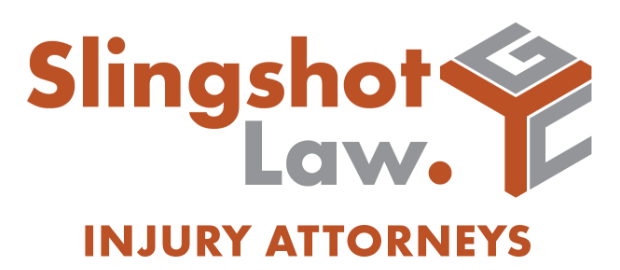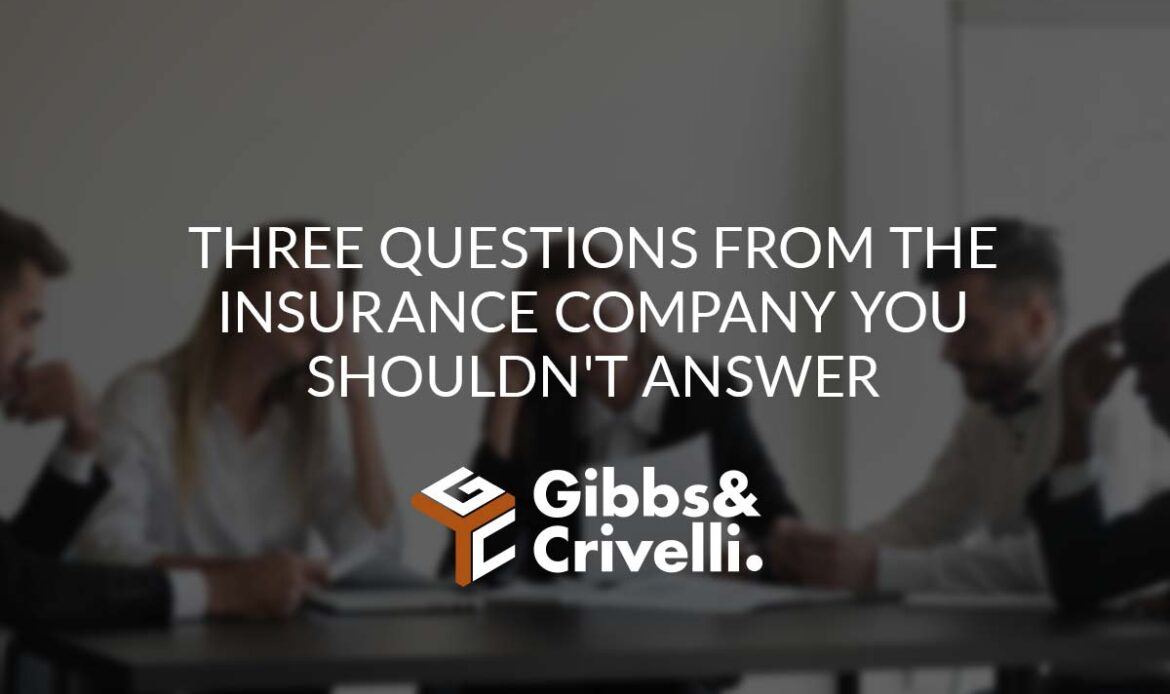Insurance in some form or another is typically mandatory. You’re required to give an insurance company some of your hard-earned money each month, and in return, they promise to protect you in the event of an accident or emergency.
Unfortunately, insurance companies aren’t your friend, and rarely have your best interest at heart. They will do anything to offer you the minimum settlement they can get away with, or, more simply, deny your claim.
Having an attorney present to help you with insurance company communications is the easiest way to avoid getting your claim denied or accepting a lowball offer out of desperation. Whether or not you choose to get an attorney, keep in mind these questions you should never answer from your insurance company.
Were You At Fault?
Even if you are not intentionally admitting fault, phrases like “I’m sorry,” or “it was my fault” can be used against you. Do not admit fault to your insurance company or law enforcement.
Even admitting partial fault can drastically reduce the value of your claim, or even cause your claim to be outright denied. Anything you say at the accident scene can be used against you. Because of this, it’s often best to let your lawyer represent you during these conversations.
Can You Give a Statement on the Record?
Recorded statements are never in your best interest. Insurance statements use them to search for inconsistencies and contradictions in clients’ statements. You don’t have any obligation to give a statement on the record to anyone, no matter what the insurance representative claims. The insurance company can and will use your words against you.
When describing the incident, be sure to only give indisputable facts. It’s also okay to say you’re not sure or don’t know. You can’t possibly know every aspect of the incident and giving certain answers can hurt your claim. Your lawyer can guide you through these interactions and to the answers you need.
Are You Ready to Accept a Settlement?
When you start a dialogue with your insurance company, you may be offered a sum of money as a settlement. Typically, this settlement offer is a lowball offer that doesn’t cover what your claim is due. If a settlement comes too soon, it is a sure sign that the offer is likely a lowball.
Insurance companies have an unfortunate pattern of attempting to get their clients to accept bad offers. Often, they’re playing on their clients’ desperation and lack of legal knowledge. Remember that you are owed compensation for your injuries, your vehicle damage, any time you had to take off work, and any current or future medical bills related to the accident.
Get Guidance from a Personal Injury Lawyer
If you or someone you love has been battling an insurance company to get the compensation you deserve, know that you don’t have to face it alone. Having an experienced attorney to aggressively represent you with their knowledge of the law can be the difference between getting your claim denied and getting your maximum possible settlement.
The lawyers at Gibbs & Crivelli, Slingshot Law are ready to fight for you. Call 866-647-1311 or fill out the following online contact form to learn more and get your free consultation.


